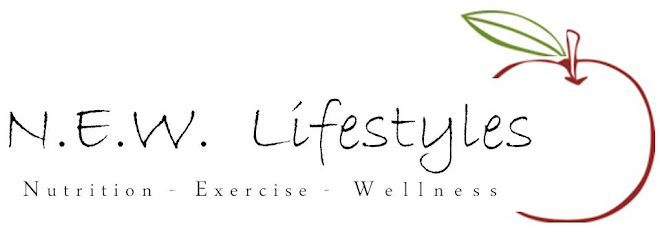It's easy to assume that if you eat a salad you are getting the wonderful, nutritious benefits that come along with all those veggies. However, if you are topping your salad with a non-fat salad dressing, your body may not be able to absorb all the phytonutrients and vitamins it should be. A little fat is needed to absorb all the good stuff from lettuce, spinach, carrots, tomatoes, etc. I’m not saying you need to drench your salad in full-fat ranch to get the benefits, instead, choose a low fat dressing, make your own dressing with a little drizzle of olive oil and vinegar, or stick to your favorite fat-free dressing but add a few slices of avocado or a sprinkle of walnuts to ensure your body is able to absorb and use all the good stuff you are feeding it.
Here are a few other tips to making the most out of your healthy choices:
- Heat garlic to increase its potential to decrease the risk of cancer.
- Heating increases lycopene’s availability. Lycopene is an important antioxidant that helps prevent several forms of cancer. The richest source of lycopene is found in cooked tomatoes.
- Steam broccoli to increase its glucosinolates, which may help to prevent cancer.
- Cook carrots and zucchini to increase antioxidant availability.
- Canned meats and beans retain their nutrients, including thiamine, as well as freshly cooked meats and beans. (Just remember to rinse your canned beans to decrease the sodium!)
- Vitamin A and potassium are not lost during canning.(In fact in some foods, such as canned pumpkin, the vitamin A content actually is higher than it is in fresh pumpkin!)
- Canned fish has more calcium than fresh fish does. (Just be mindful of mercury levels in all fish)
- The fiber content in canned food is equivalent to that in fresh foods. (However, fresh or frozen foods will have less sodium and other preservatives than canned, while keeping the same fiber content)
- Cooking methods can change the antioxidant content and type in a food. For instance, cooking garlic in oil creates different antioxidants than the kind created by cooking the garlic in water. (My advice? Add garlic into your cooking in a variety of ways – sautéing, boiling, roasting… YUM!)
- Combining Vitamin C with iron will increase your body’s ability to absorb the iron (important for people who are anemic). Try mixing in some mandarin oranges into your next spinach salad, or sliced red pepper into a stir fry with lean beef and edamame.



